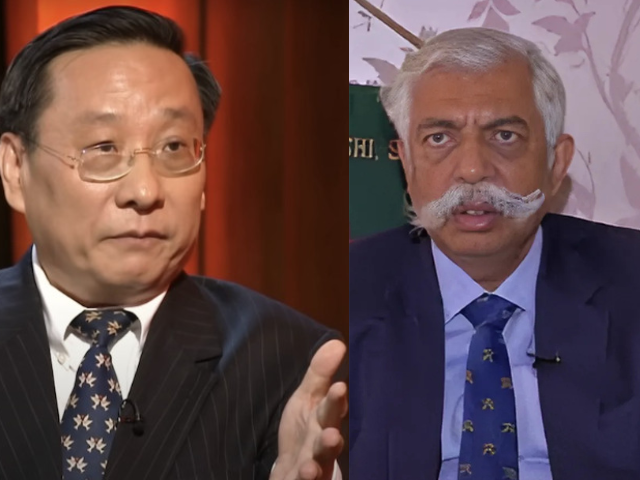Victor Gao, Vice President of the Center for China and Globalization, delivered a stinging rebuke to retired Indian General G.D. Bakshi during a heated live television debate that quickly spiraled beyond routine foreign policy discourse.
The fireworks started when General Bakshi accused Pakistan of harboring terrorists and questioned the durability of Sino-Pak relations.
Gao fired back without hesitation: “General Bakshi, you need to study history,” he said coldly, drawing an audible gasp from the panel.
“No power in the world can break the China-Pakistan friendship,” Gao continued, invoking decades of diplomatic, military, and economic ties between Beijing and Islamabad.
He dismantled Bakshi’s claims with sharp historical references, turning the debate into a one-sided lesson that left the retired general visibly rattled and scrambling to pivot.
The turning point came when Gao dismissed Bakshi’s inflammatory remarks as “aggression and irresponsibility, not diplomacy,” urging a focus on dialogue and evidence over blanket accusations and calls to action.
Highlighting joint military ventures like the JF-17 fighter jet and deep-rooted defense collaborations, Gao described the China-Pakistan partnership as “rock-solid and forged in strategic trust,” emphasizing that their alliance isn’t born of fleeting interest but is deeply institutionalised.
Bakshi, a regular on Indian news channels known for his jingoistic tirades, appeared unprepared for such a frontal intellectual assault.
As he attempted to steer the conversation elsewhere, Gao calmly held ground, commanding the room — and the narrative.

